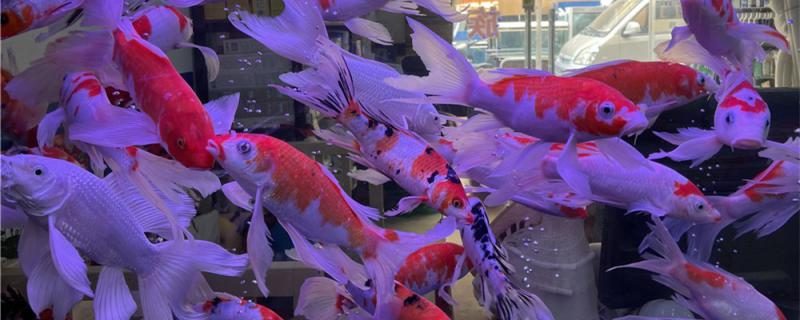
without oxygen. If koi is not fed with oxygen, it is necessary to expand the space for raising koi. The breeder should prepare a larger fish tank or raise it directly in the pond. It is also necessary to control the feeding density, which needs to be lower than the normal feeding density, so that the koi can have enough oxygen. After feeding, food residues and feces need to be cleaned up in time to avoid polluting the water quality and reducing the dissolved oxygen in the water. If you find that the koi fish is hypoxic, you can increase the oxygen by changing the water. If you don't use oxygen at ordinary times, you'd better change the water every 2 days or so. When the temperature is high, the water is easy to lack oxygen, and the breeder needs to decide the frequency of water change according to the specific situation of Koi.
? Koi has a relatively high demand for oxygen, so it is better to oxygenate Koi. Because oxygen can keep their cells permeable, enhance the vitality of Koi and promote their growth and development. Specific how to oxygenate, or to see the breeding density of Koi, if the density is higher, oxygenation time will be longer. If the feeding density is normal, it is enough to oxygenate 3-5 hours a day. If the feeding density is low, it is only necessary to open the filter pump for a long time to ensure sufficient oxygen. When the temperature is high, the breeder should turn on the oxygen pump for a long time. Because the temperature is high, the activity of Koi is large, and the oxygen needed is more, so the breeder should increase the oxygen supply.